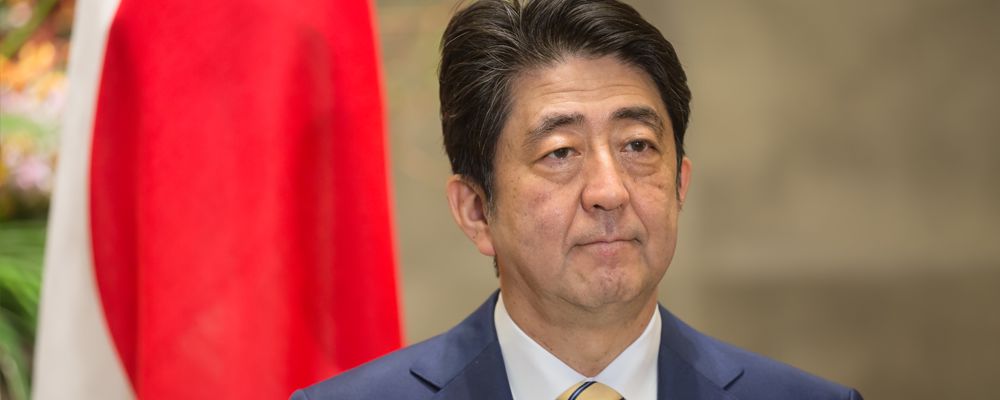Investors are now waiting to see what steps the Japanese government takes
- Monday, May 22, 2017
 The Japanese economy grew faster than expected in Q1 hitting an annualised growth of 1.7%. This growth was a result of higher government spending. This turnaround from Q4 2015 was important to Japan as each of the past four quarters have alternated between growth and contraction.
The Japanese economy grew faster than expected in Q1 hitting an annualised growth of 1.7%. This growth was a result of higher government spending. This turnaround from Q4 2015 was important to Japan as each of the past four quarters have alternated between growth and contraction.
In January, The Bank of Japan (BoJ) pushed interest rates into negative territory in order to combat deflation by lowering the value of the ¥, get consumers spending and corporations borrowing. Instead, the ¥ jumped in value and had strengthened by 13.2% against the US$ by February. This had the impact of reducing the earnings of Japans heavy weight exporters.
Lifting Japan out of its seemingly endless slump has turned out to be much harder than expected when Prime Minister Shinzo Abe came to office in 2012. The Japanese economy needs to reverse the current deflationary pressure as inflation was -0.4% in May. Monetary stimulus is now having less of an effect so a new round of quantitative easing (QE) and government spending is being suggested. Before this occurs, the BOJ will want to see what impact negative interest rates will have on consumption and savings rates.
Prime Minister Abe has postponed the anticipated increase in VAT in a move to support consumer spending but will do little to reduce Japan’s public debt of around 230% of GDP. The Nikkei 225 index has been falling for most of 2016 and in May was down 16.2% on the year. Fortunately for overseas investors, the strengthening of the ¥ offset much of these falls. These equity losses have been a result of delayed government action and the high value ¥.
Huge amounts of money have flowed out of Japanese equity funds with foreign investors responsible for half the outflow. Despite this it is anticipated that new fiscal stimulus by the BoJ will help equity values. Analysts are expecting more monetary stimulus on top of the move to negative interest rates and the ongoing QE programme. It is the expectation of further measures that have influenced us to stay invested in Japan as without it we would have removed our holdings, instead we have just reduced them..
Brexit caused international markets to fall between -2.4% and -6%. Particularly badly hit was Japan’s Nikkei 225 Index, which fell -8%. The heavy falls were due to the strengthening of the ¥ as currency capital moved from £ to ¥. The main losers were the Japanese government who are desperately trying to deflate the ¥ in order to aid Japan’s export competitiveness and those very companies who’s goods are now more expensive in world markets. The ¥ has fallen 16.2% so far this year against the US$ but remains historically high.

Chris Davies
Chartered Financial AdviserChris is a Chartered Independent Financial Adviser and leads the investment team.
About Estate Capital
Financial Services
Our Contacts
7 Uplands Crescent,
Swansea, South Wales,
SA2 0PA.
Tel: 01792 477763
